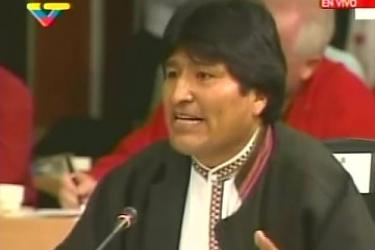By Farooq Sulehria
March 30, 2009 -- Fidel Castro finds beards a practical advantage: “You don't have to shave every day. If you multiply the fifteen minutes you spend shaving every day by the number of days in a year, you'll see that you devote almost 5500 minutes to shaving. An eight-hour workday consists of 480 minutes, so if you don't shave you gain about ten days a year that you can devote to work, to reading, to sports or to whatever you like.”
But having a beard is more than saving time. Cuban revolutionaries let their beards grow out also as a symbol of the Cuban Revolution. Castro describes how it happened: “We didn't have any razor blades, or straight razors. When we found ourselves in the middle of the wilderness, up in the Sierra, everybody just let their beards and hair grow, and that turned into a kind of badge of identity. For the campesinos and everybody else, for the press, for the reporters we were ‘los barbudos’ – ‘the bearded ones.’ The positive side was that in order for a spy to infiltrate us, he had to start preparing months ahead -- he'd have to have a six-month's beard growth, you see. So the beards served as a badge of identification, and as protection, until it finally became a symbol of the guerilla fighter. Later, with the triumph of the Revolution, we kept our beards to preserve the symbolism.”









